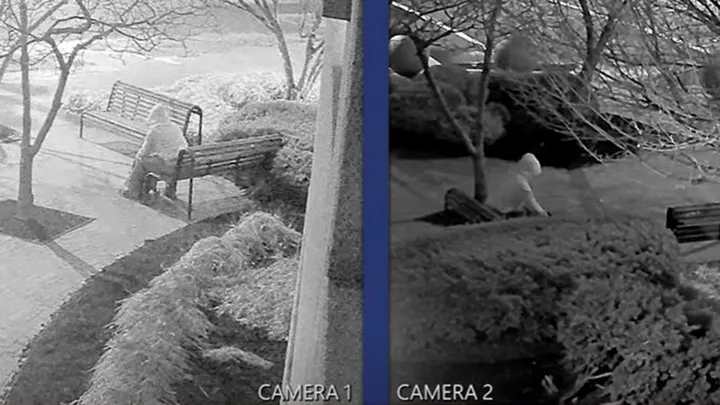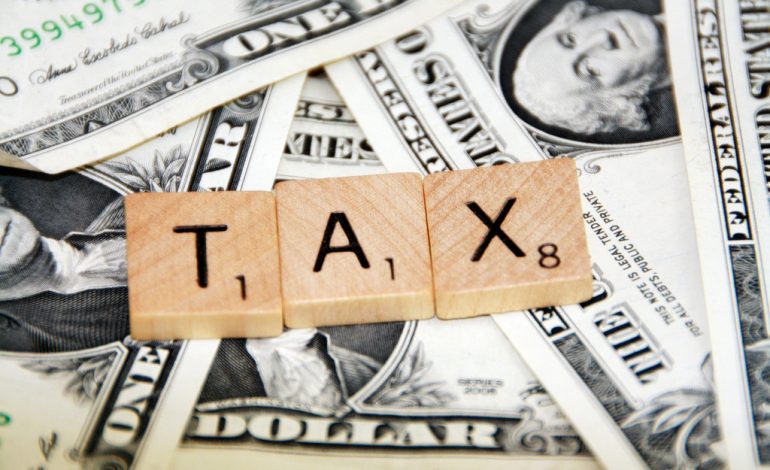A revived property tax reduction bill in Wyoming has reignited debates about the role and funding of state government, Colorado Politics reports.
Earlier this year, Governor Mark Gordon vetoed the bill, citing concerns over its fiscal impact. Now resurrected in the legislature, the measure is poised to test the balance between tax relief and the state’s ability to govern effectively.
The bill proposes a 25% property tax exemption on the first $2 million of fair market value for residential properties. While offering significant tax savings to homeowners, it is projected to reduce state revenue by $220 million annually. Critics, including Governor Gordon, argue that the potential loss in revenue is unsustainable for a state with a population of just 584,057 residents.
To mitigate the shortfall, the proposal includes $125 million in targeted funding and an additional $100 million from Wyoming’s “rainy day” fund. However, questions remain about whether this approach adequately addresses the strain on state resources.
Wyoming’s political landscape, dominated by Republicans, adds complexity to the discussion. The GOP holds all statewide offices and an overwhelming majority in the legislature, leaving Democrats with minimal influence. Some observers suggest that the bill’s revival may reflect an ideological effort to reduce government size and scope rather than solely a commitment to tax relief.
The situation has drawn comparisons to conservative activist Grover Norquist’s vision of shrinking government to a point where it can “drown in a bathtub.” Critics worry that successive tax cuts could erode the state’s ability to provide essential services, from emergency response to road maintenance.
The debate also harks back to early American attitudes toward government and taxation. During the country’s founding, minimal government involvement and reliance on tariffs were the norm. However, as society evolved, the need for organized services—such as fire departments and law enforcement—necessitated a shift toward broader public funding.
Modern Wyoming, with its vast rural areas and reliance on state services, faces a similar dilemma. While tax relief is appealing, the consequences of reduced funding for essential services could outweigh the benefits.









